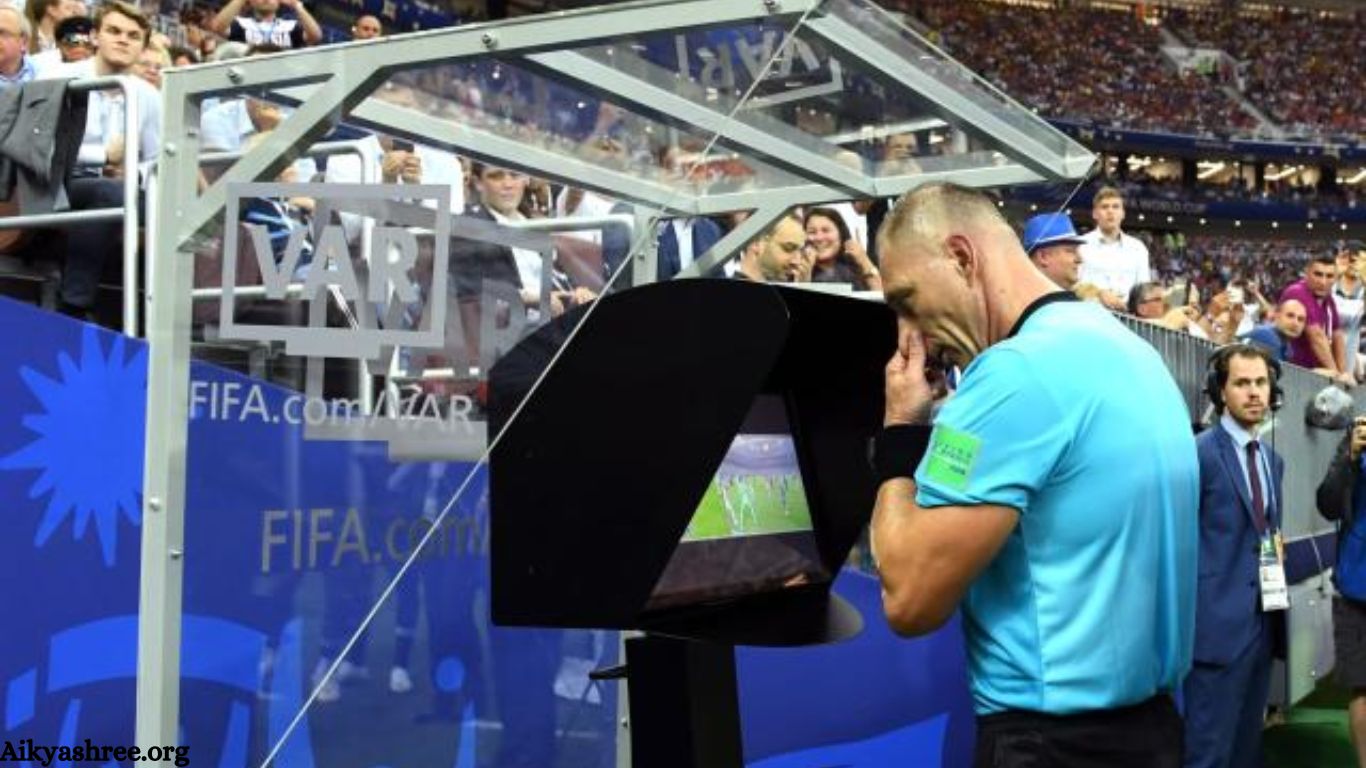Football has evolved significantly, with technology reshaping the game. The introduction of Video Assistant Referee (VAR) aimed to ensure fair decisions and reduce errors, yet it remains a hot topic among fans, players, and pundits. Has it enhanced fairness or diminished the sport’s essence? This article examines VAR’s impact—both positive and controversial.
Socolive TV offers fans a seamless way to watch live matches, including pivotal VAR moments.
The Good: How VAR Has Improved Football
Eliminating Costly Errors
VAR was introduced to correct clear referee mistakes in football’s fast-paced environment. Even top officials can miss crucial incidents, but VAR helps review key moments for accuracy. Goals wrongly awarded due to offside or missed fouls can now be overturned, preventing costly errors that impact matches and titles.
Enhancing Fairness
Before VAR, unfair decisions often altered season outcomes. The technology ensures major calls—penalties, red cards, and offsides—are reviewed thoroughly. During the 2018 FIFA World Cup, VAR confirmed crucial penalties, reducing controversies and improving fairness for players and fans.
Curbing Simulation and Play-Acting
VAR discourages diving by allowing referees to review incidents closely. Players attempting to deceive officials now face higher chances of being caught and penalized. Increased bookings for simulation in VAR-backed leagues prove its role in promoting fair play.
Read More: How Football Became the World’s Most Popular Sport
The Bad: Problems and Frustrations with VAR
Disrupting Game Flow
VAR’s biggest criticism is its impact on football’s rhythm. Long review pauses disrupt momentum, frustrating players and fans. Some decisions take minutes, creating confusion in stadiums and uncertainty for viewers. Unlike other sports, football’s continuous nature makes these breaks feel unnatural.
Inconsistent Decisions
Despite aiming for clarity, VAR hasn’t eliminated controversy. Similar incidents often receive different rulings, sparking complaints about consistency. Handball and offside calls remain unpredictable, as human interpretation still influences decisions, keeping subjectivity in the game.
Diminishing Emotional Moments
Football thrives on passion, but VAR delays goal celebrations, dampening excitement. Players hesitate before celebrating, waiting for confirmation. Marginal offside rulings have sparked debates on fairness, with many questioning whether VAR is applied too strictly.
The Ugly: Controversies and Unintended Consequences
Marginal Offsides and Harsh Calls
VAR’s precision in offside rulings has sparked controversy, with goals disallowed over millimeter-thin margins—sometimes for a toe or armpit beyond the last defender. Critics argue this strictness contradicts the spirit of the game, with calls in leagues like the Premier League costing teams crucial points. Many suggest introducing a margin of error to prevent overly harsh decisions.
Over-Reliance on Technology
Some referees hesitate to make on-the-spot calls, relying too much on VAR. This leads to delayed decisions, leaving players in limbo. In some cases, referees defer entirely to VAR instead of trusting their instincts, weakening their authority on the pitch.
Fan Backlash and Protests
VAR has divided opinions, with fans protesting its impact on football’s human element. Banners and chants in stadiums express frustration, as many feel the technology disrupts the natural flow of the game. Some even call for a return to traditional officiating.
Frequently Asked Questions
What is VAR?
VAR (Video Assistant Referee) is a technology used to assist referees in making accurate decisions by reviewing key incidents using video replays.
Does VAR slow down the game?
Yes, VAR reviews can cause delays, disrupting the game’s flow and frustrating players and fans. Some reviews take minutes to complete.
Is VAR always accurate?
While VAR improves accuracy, it is not perfect. Human interpretation still plays a role, leading to inconsistencies, especially in handball and offside decisions.
Why is VAR controversial?
VAR has sparked debates over marginal offside calls, inconsistent decisions, and its impact on spontaneous celebrations. Many fans believe it removes the human element of the game.
Can referees ignore VAR recommendations?
Yes, the final decision still rests with the on-field referee, who can choose to uphold or overturn a call after reviewing the footage.
Will VAR be improved in the future?
Leagues and governing bodies continue to refine VAR, with discussions on introducing margin-of-error rules for offsides and making the review process faster.
Conclusion
VAR has transformed football by enhancing accuracy and fairness, reducing blatant errors, and discouraging simulation. However, it remains a divisive topic due to its impact on game flow, inconsistent rulings, and emotional disruptions.
While the technology continues to evolve, striking the right balance between precision and the spirit of the game is crucial. Whether VAR is a long-term success or a temporary experiment depends on how well it adapts to the sport’s demands while preserving football’s excitement and authenticity.

